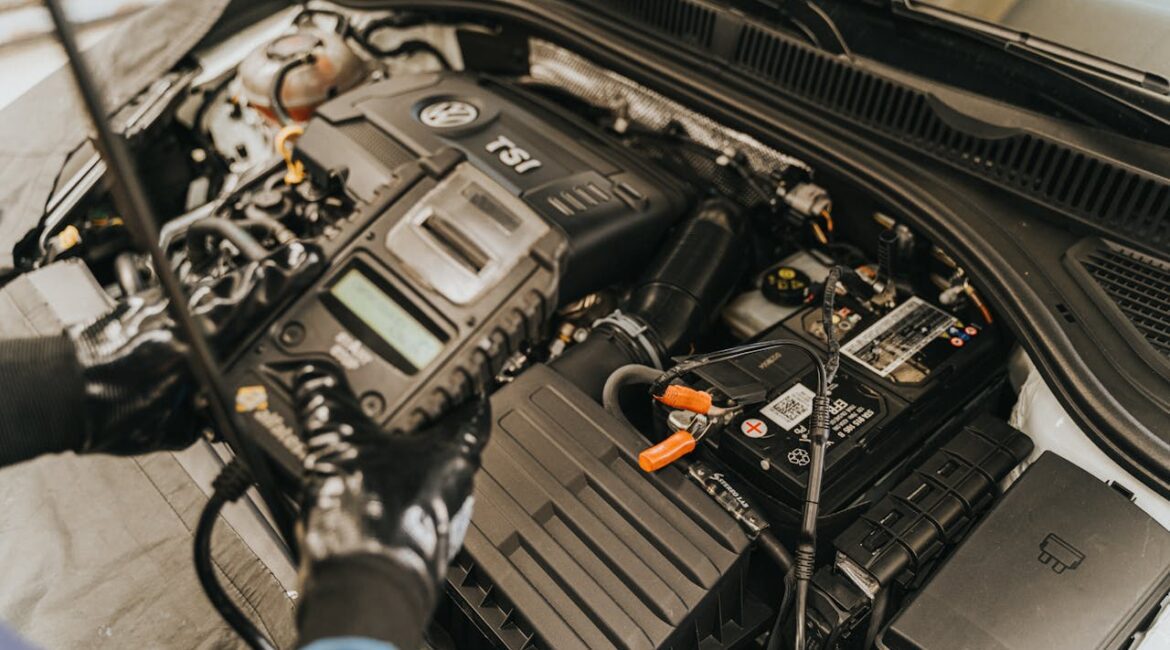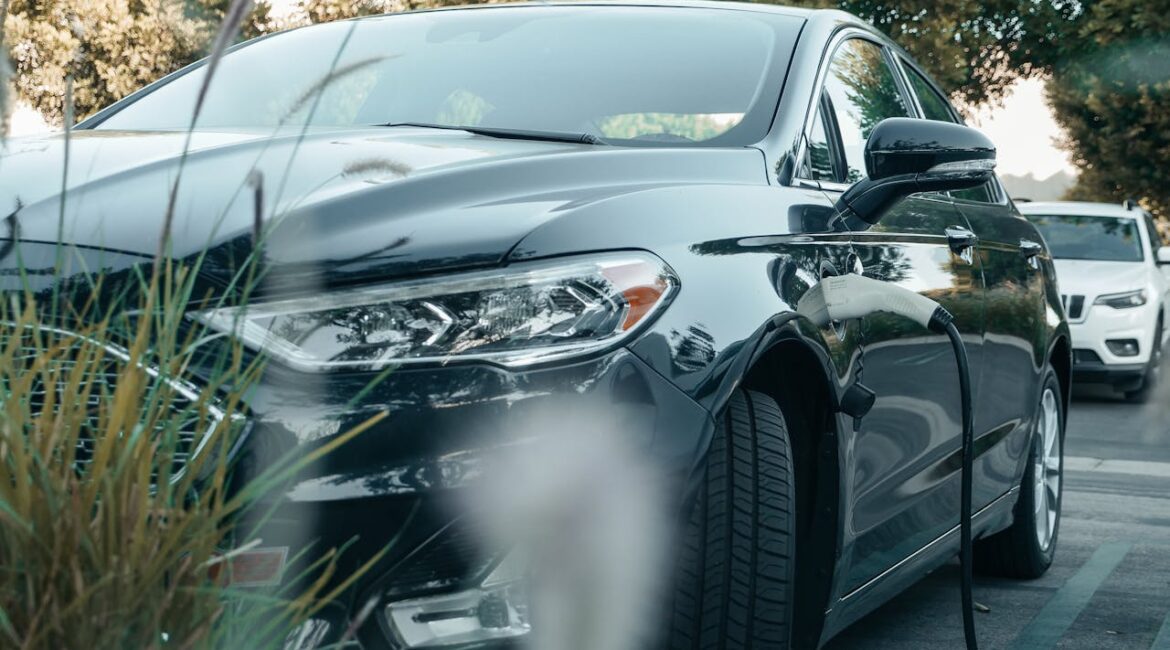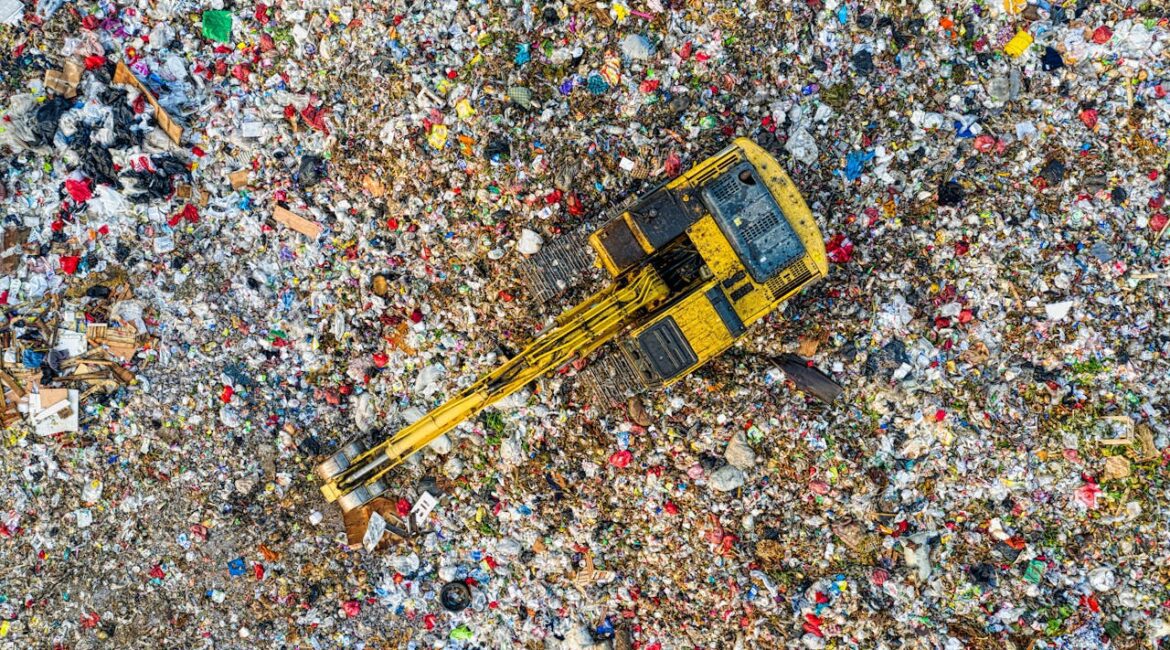With the Black Friday sales hitting the shops, many of us are jumping at the opportunity to grab some bargains for Christmas. However, with the Black Friday sales comes a heap of waste that is bad for the environment.In this article, we are going to explore the environmental impact of...
What Are The Different Types of Paint?
There are various types of paint available to buy, all with unique properties and applications. In this article, we are going to explore common types of paint available, and their distinctive properties.20 Different Types of Paint 1. Matt PaintKnown for its matt finish, this type of paint is popular for interior...
How Are Magazines Produced?
Key Takeaways In the newspapers and magazines market, the number of readers worldwide is anticipated to reach 2.0bn users by 2029. Steps to produce a magazine include content creation, design and production, and print and distribution. At Collect and Recycle, we specialise in the disposal and recycling of magazines. In...
Walkers Chocolate Switches To Recyclable Paper Packaging
Walkers Chocolates EvoPak RCM PackagingIn a move that's as sweet as their signature Turkish Delight, Walkers Chocolates is giving the planet a gift we can all unwrap. The beloved chocolatier has announced that its Turkish Delight and Mint Cream bars are ditching their old wrappers in favour of EvoPak RCM...
Are Lithium Batteries Rechargeable?
Lithium batteries are not designed to be recharged, whilst lithium ion batteries are rechargeable battery types. Li-ion battery demand is expected to grow by about 33 percent annually to reach around 4.7 GWh by 2030.So, what’s the difference between lithium and lithium-ion batteries? Let’s dive in and take a look...
How Does A Lead Acid Battery Work?
A lead-acid battery works by converting chemical energy into electrical energy through a reversible chemical reaction between lead dioxide (positive plate), sponge lead (negative plate), and sulphuric acid (electrolyte). During discharge, lead dioxide and lead react with sulphuric acid to produce lead sulphate, water, and electricity. When recharged, this reaction reverses,...
Are All EV Batteries Lithium?
Most EV batteries used are lithium. However, some electric car batteries may use nickel-metal hydride batteries and lead-acid batteries. New technology, including solid state batteries, are also being developed in battery technology for use in electric vehicles.The Types Of EV BatteriesLithium IonThe lithium-ion battery is the star player in the EV...
How Much Waste Does Fast Fashion Produce?
Fast Fashion Waste StatisticsGlobally, an estimated 92 million tonnes of textile waste is created each year. This staggering figure highlights the immense environmental impact of the fast fashion industry, which has rapidly grown to produce vast amounts of clothes every year. Fast fashion brands contribute to millions of tons of textile waste...
What Is An ADR Driver?
An ADR driver is qualified to transport dangerous goods by road in compliance with the European Agreement concerning the International Carriage of Dangerous Goods by Road (ADR). Why Is ADR Training Important?ADR stands for "Accord Dangereux Routier," which is French for "Road Dangerous Goods Agreement." This certification is essential for ensuring...
Landfill Tax Increases To £126.15 From 2025/26
By the year 2025/26, the standard rate of landfill tax is set to escalate to £126.15, and the lower rate will see an increase to £4.05 per tonne. This was announced in the latest budget announcement by Chancellor Jeremy Hunt, confirmed on March 6th.Previously, the landfill tax stood at £103.70...









